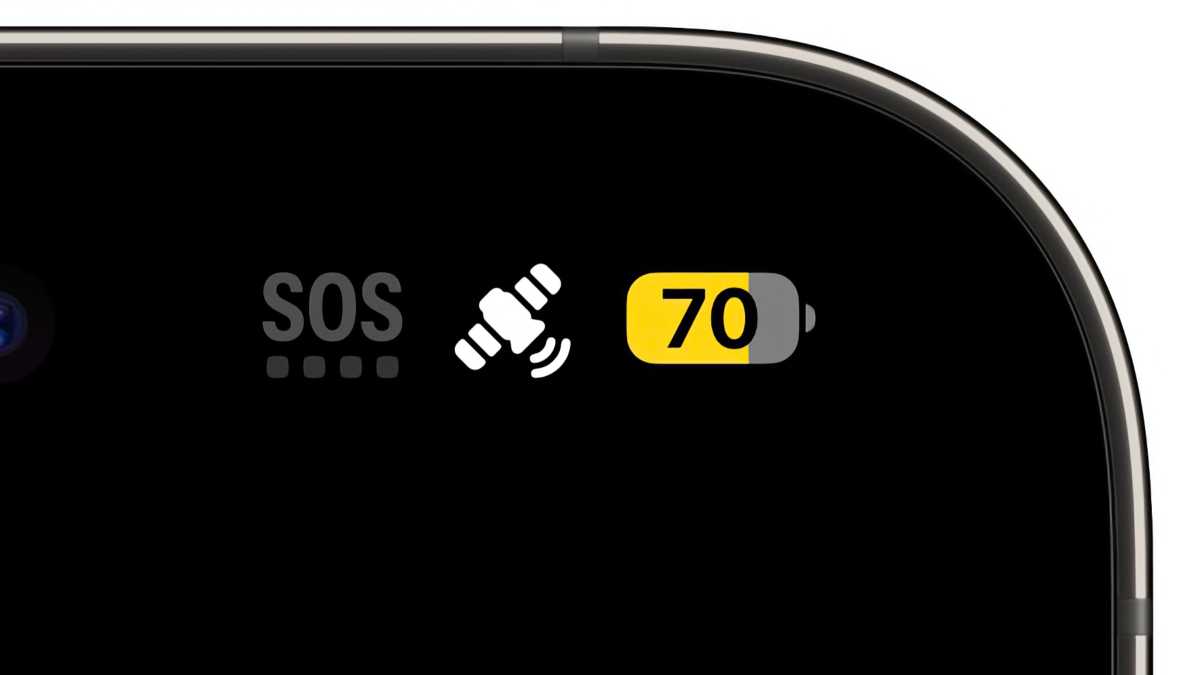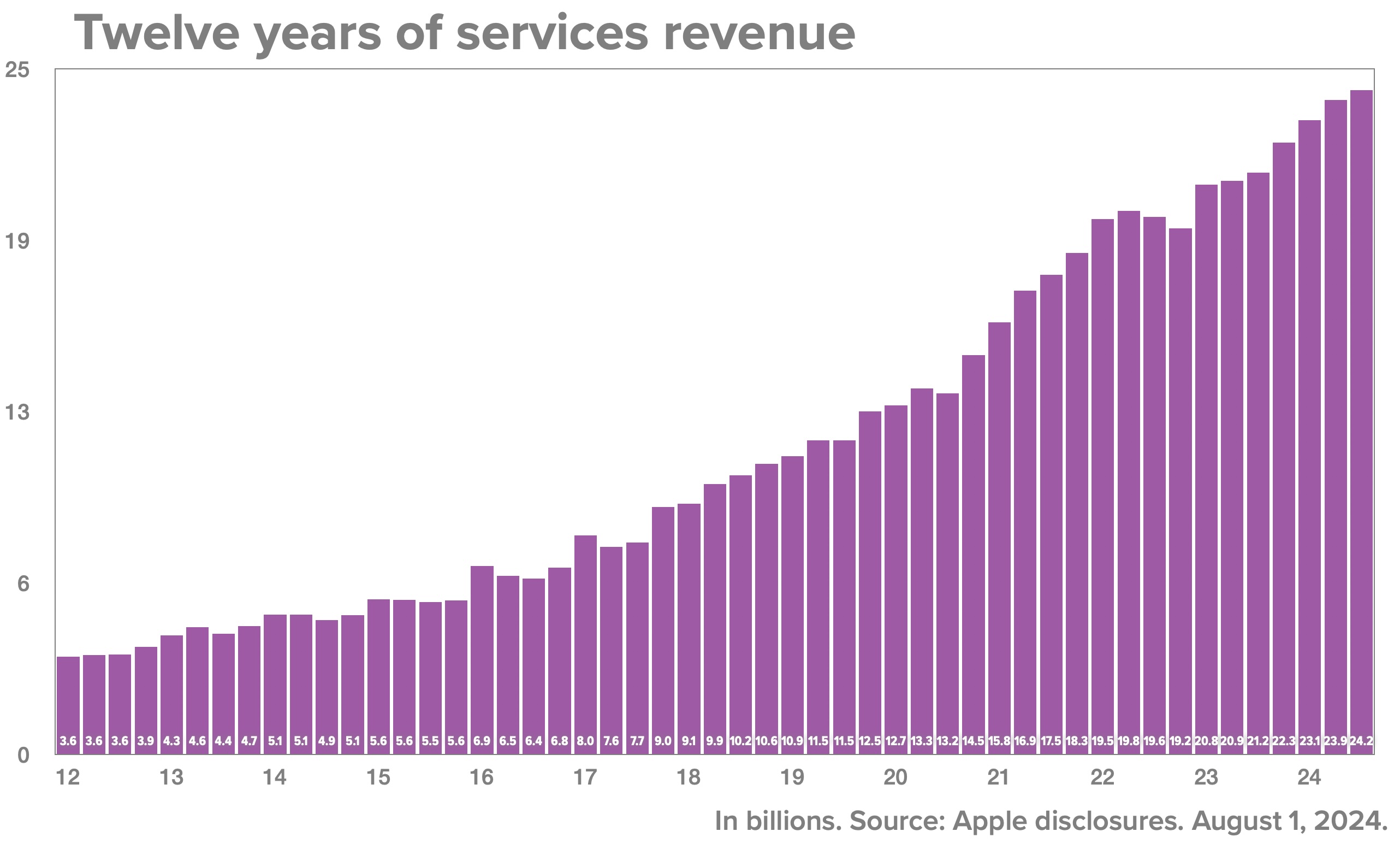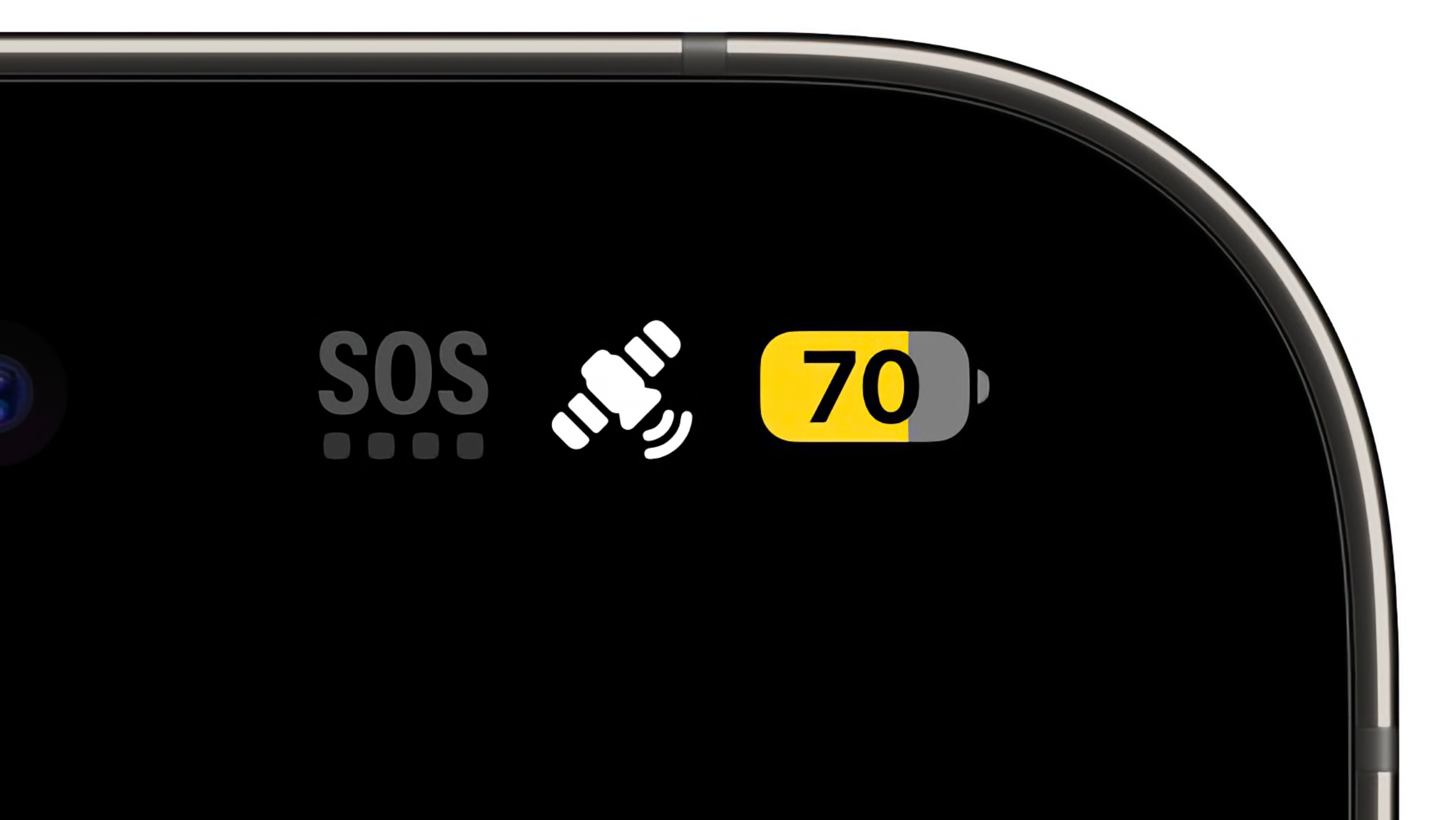For nearly a decade, Apple has been progressively growing the revenue it makes from services–not just its search-engine deal with Google and its cut of App Store revenue, but everything from AppleCare support plans to iCloud storage to TV+ and News+ and Fitness+. Apple generated more revenue during its last quarter from Services than from its Mac, iPad, and Wearables categories put together. Its total profit on Services came the closest it’s ever come to Apple’s total profit on products.
Even if recent U.S. court rulings threaten the quarter of Services revenue that comes directly from Google, there’s still an enormous and growing part of Apple that is dedicated to selling services to go with our iPhones, iPads, and Macs. It’s a huge growth driver, which makes Wall Street happy. But what does the future hold for Apple’s services?
More content, more ads
The obvious places for Apple to bulk up services come from additional subscriptions. The challenge is that Apple has already covered a lot of the most obvious categories with its TV, News, Arcade, and Fitness services.
However, Apple’s acquisition of the add-on MLS League Pass package points one way forward. Sports rights are expensive, but in the case of League Pass, Apple isn’t using them to bolster the existing TV+ subscription. Instead, it’s a separate product that generates direct revenue. Many of the most popular sports rights in the U.S. are locked up for the next few years, but I’d expect Apple to continue dabbling in sports–and, eventually, to do more than dabble.
Apple has reached new heights with its Services revenue.
Jason Snell/SixColors.com
I’m a little surprised that Apple hasn’t leaned more into the arena of live fitness classes with Fitness+. I enjoy the fact that Fitness+ contains a bunch of pre-canned workouts I can use at my leisure, but a lot of people (yes, the Peloton crowd) find regular, live, interactive workouts to be incredibly motivating. And those classes could be, just like MLS League Pass, an add-on subscription, either via a higher Fitness+ tier or on a per-class subscription basis.
Currently, Apple is in hot water over its treatment of creators on Patreon, which acts as a facilitator for creators to connect with their audiences in exchange for money. Never shy to horn in on other companies’ turf, I wonder if Apple would consider making some sort of tool for creators who are never going to develop their own apps to connect to their customers on Apple’s platforms, using Apple’s existing infrastructure. Perhaps it could use News+ as a vehicle? I’m not asking for Apple to try to remake Patreon itself or even saying it would be a good idea, but it does sound like something the company might try.
(As someone who participates in a few membership programs of my own, Apple really could stand to create a more unified approach here. Apple Podcasts Subscriptions isn’t bad, but it’s limited to podcast content when even podcast memberships usually offer ancillary material that Apple’s system can’t handle.)
Then there’s the advertising side. A very wise person told you quite a while back that it’s inevitable that Apple will expand its ad efforts, including creating an ad tier for TV+. Ads generate revenue, and offering a cheaper tier of TV+ could also potentially help with subscription rates. While the Google deal being in jeopardy is a bummer for Apple’s bottom line, it’s an opportunity to build up pieces of its own search-engine tech–and probably make money by placing ads against the results. Again, I don’t love the idea, but I can see Apple doing it.
Gray areas and crossing lines
Then there are the less traditional areas for subscription revenue, and this is where I have some concerns. When Apple announced iCloud+, which adds a bunch of features to your Apple devices–Private Relay, Hide My Email, HomeKit Secure Video, and custom email domains for iCloud mail–it set off my spider-sense.
It makes sense for Apple to limit features that have clear server-side costs to paying customers, but… isn’t this also building new operating system features that are only available to paying subscribers? If iCloud+ doesn’t cross the line, it feels to me like it toes right up to the edge. Do we want Apple to create a two-tiered user experience, where those who pay Apple monthly get a better experience than those who don’t?
There are two areas that I’m watching closely when it comes to this stuff. The first is Apple’s iPhone satellite functionality, which the company has never promised would be free forever. I can see access to satellite features as an add-on service or an enhancement to existing Apple subscriptions, but does Apple dare to prevent people in emergencies from calling for help because they didn’t pay for iCloud+? Probably not. (Though it could do something like charge users per incident if it really wanted to.)
The forthcoming ability to send text messages via satellite, though… now that has potential. It’s not a lifesaving service; it’s just a convenience. Putting that behind a paywall–or again, granting it to iCloud+ or AppleOne subscribers–makes more sense.

ASpple currently offers some satellite functions for free, but they may not be free forever.
Foundry
The elephant in the room is Apple Intelligence. Like other iCloud+ services, there’s a serious ongoing server component, namely the servers that operate Private Cloud Compute, doing heavy lifting for tasks that can’t be completed on a device. To be sure, Apple’s going to have its hands full just getting Apple Intelligence out the door over the next year. But at some point, you have to wonder if the company will offer a base set of features for free and then offer a more extensive set of features to those who subscribe.
Remember why we’re here
I don’t mind Apple getting into the services business. My only concern is that the company keeps its priorities in order. Apple’s services business exists because of its products business. It’s our attachments to our iPhones, Macs, and iPads–and the ecosystem that connects them together–that make Apple’s services so desirable.
That’s why Apple needs to be very careful in figuring out how to expand Services revenue. The last thing Apple wants is for the public to believe that buying a new Apple product is somehow lesser or incomplete unless you pungle up for an ongoing subscription. Buying an iPhone can never, ever feel like you’re buying an empty box with a subscription sign-up form inside.
In a way, Apple’s approach to its iPhone satellite features might point the way forward here: You get them for free for two years, not forever. Bundling some functionality with the purchase of new hardware seems like a fair trade. If, after a couple of years, I want to keep my older device, I can start paying or opt-out. Or–even better for Apple– can just buy a new device and eliminate all doubt.





